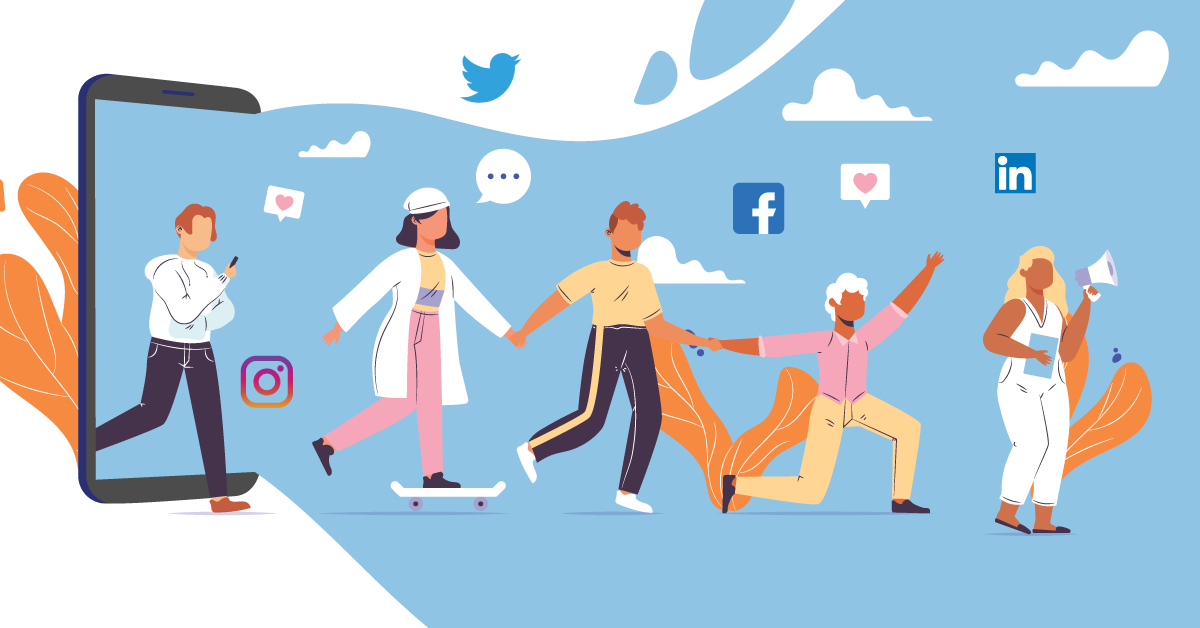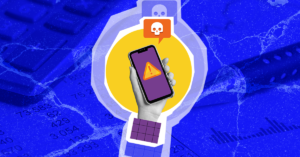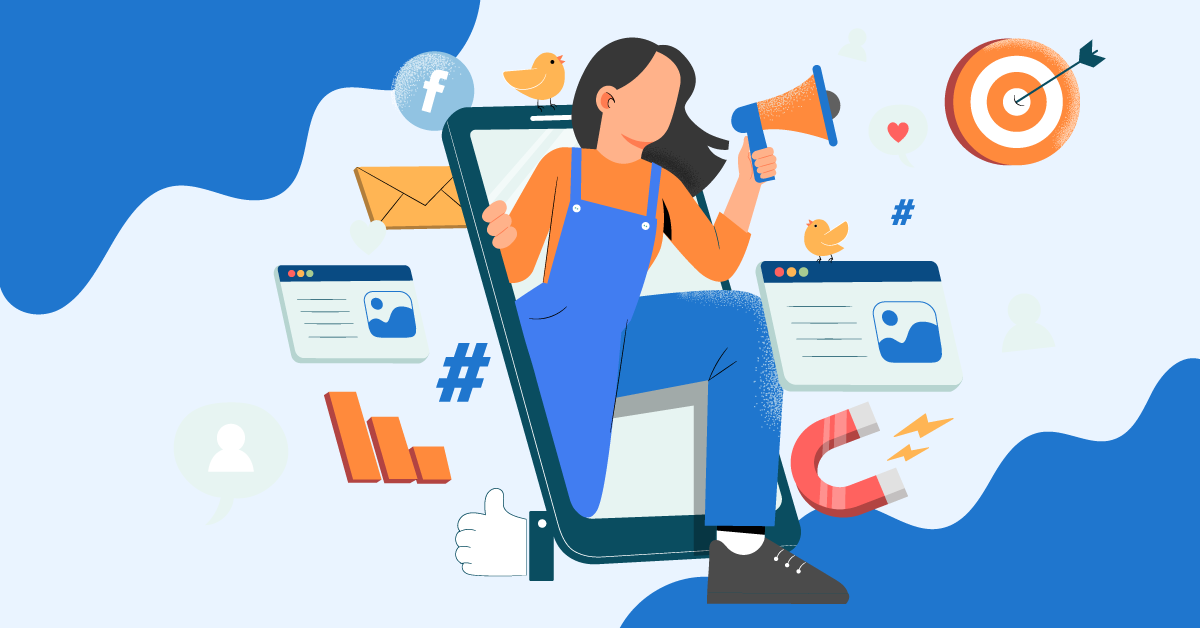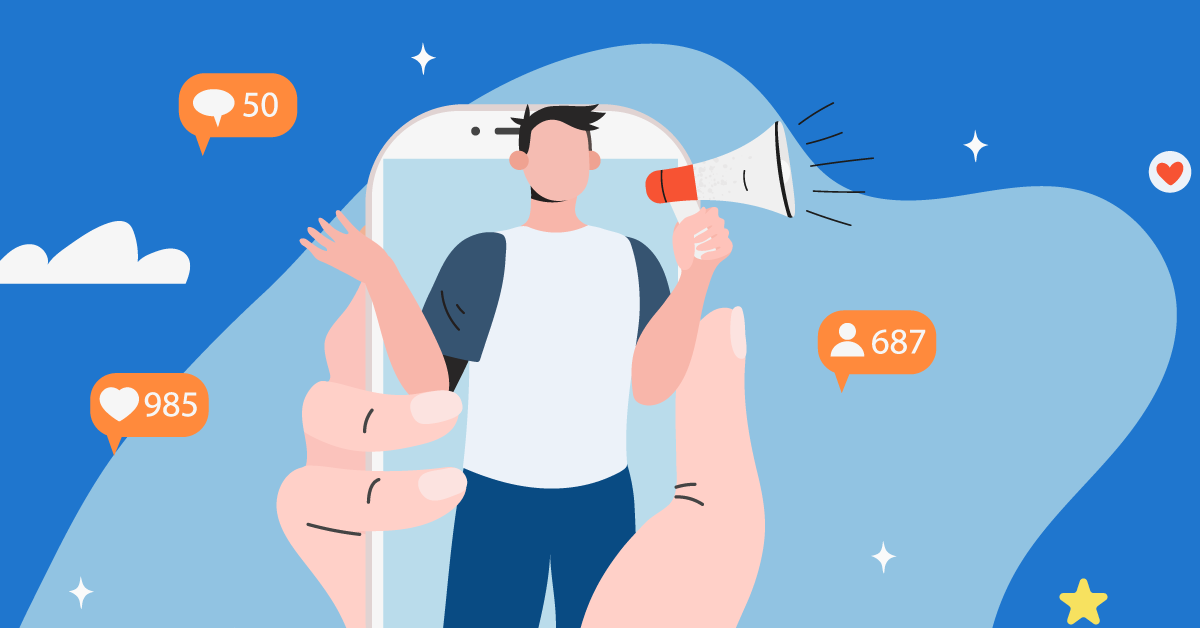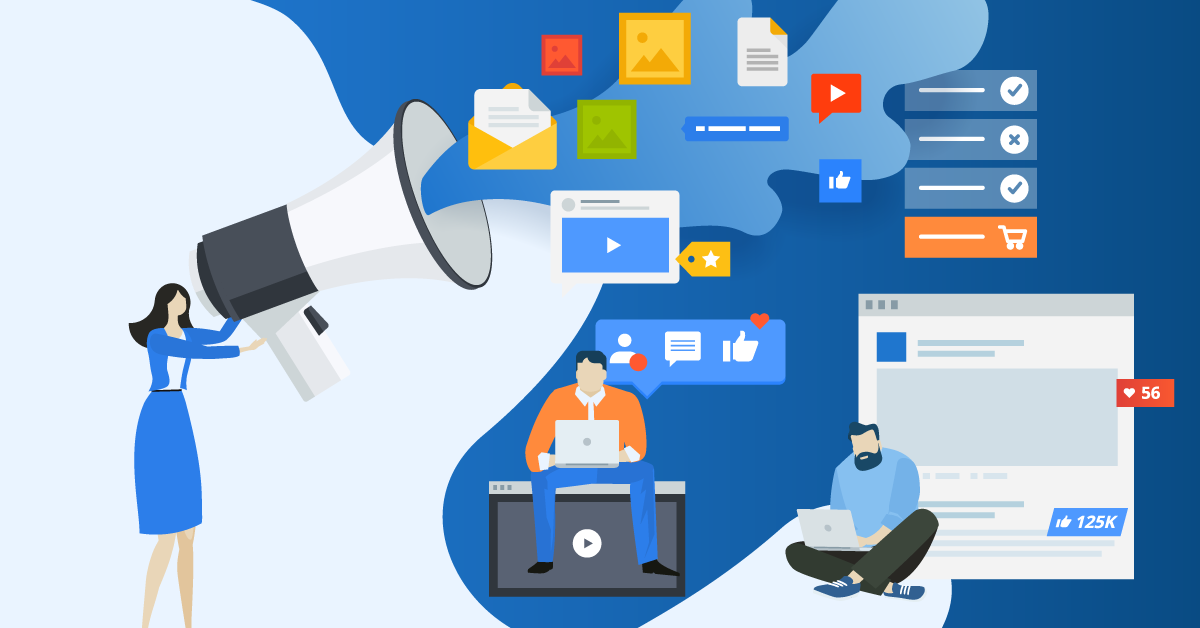With today’s many online social media platforms that help businesses grow and create bigger profits through data-driven marketing, portioning a good slice of your budget to strategize and manage your various accounts is absolutely worth it! These free online channels have become a no-brainer necessity for every business that wants to achieve the optimum digital transformation that can catapult brand awareness, foster community engagement, establish recall, and most importantly, create conversions via social media.
However, going from practicing traditional marketing to being a social media-centric brand is just not that simple. You certainly won’t get results overnight as our favorite social media platforms also have their own exclusive features and capabilities. This means that you’ll need no-nonsense meticulous planning and data analysis to establish a significant number of followers. Also, choosing anyone at random without really thinking about how they actually work might just hurt your business instead of boosting your online traffic, sending you crying over spilled effort.
Where Do You Start With Social Media Management?


If you’re a businessman who has been living under a rock for some time and has just discovered the power of social media, then congratulations! Soon, you’ll discover the many benefits that social media marketing can really offer your brand and business as fueled by relevant data and insights, specified target markets, and a clear direction on how you should come up with the right content and strategy.
First ask yourself: “How much would I value the possibilities that effective online communication can offer my business?” It’s easy to think that the top social media platforms around are so easy to use and manage because they are. However, maximizing their features to optimize results is an entirely different ballgame.
The first step in creating an effective social media marketing strategy is identifying the right audience and which platform most of them are on. That’s really where you should focus on before coming up with relevant content to boost traffic and brand awareness.
Most businesses that decide to hack social media marketing on their own often find themselves in an uphill battle just to reach the right audience. That’s because (and we can’t stress this enough), the work is really not as simple as it seems and digital marketing isn’t exactly synonymous with social media management.
Which Social Media Platform Should You Use?
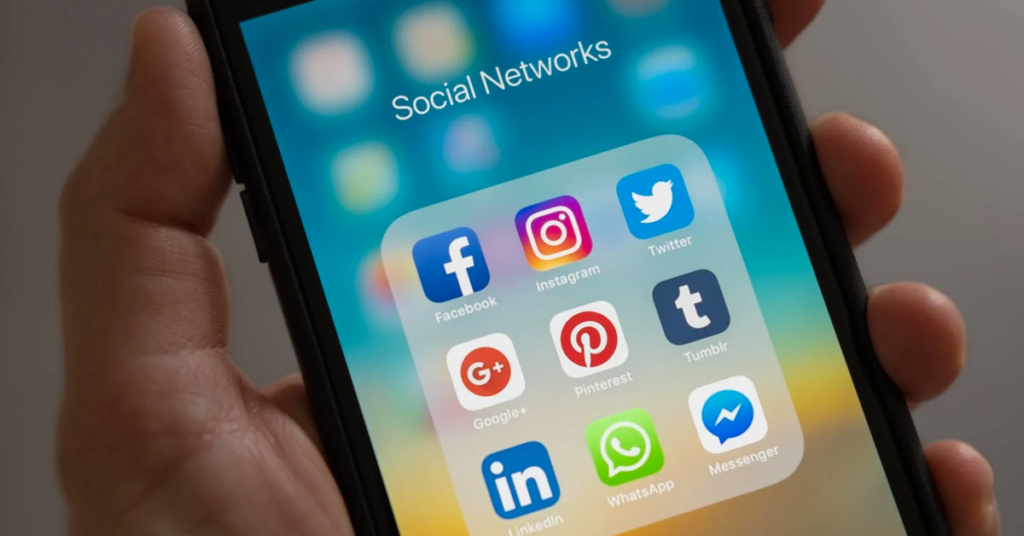

All over the world, the top social media channels with the most number of users include Facebook, Instagram, Twitter, and Linkedin. Let’s take a closer look at what these social media platforms can offer your business and what other benefits they can give you for the long term.
We won’t believe you if you said you haven’t used or even heard of Facebook. That’s just ridiculous considering that the platform is the current global market leader with 1.73 billion daily active users. It is absolutely the uncontested “king of social media”.
We’ll humor you and assume that you really don’t know anything about the platform, and the first thing we’ll tell you is that people actually spend hours scrolling on their Facebook feeds for a number of reasons. One of those reasons is to pick brands they’d want to know more about for a possible purchase.
Today, Facebook remains one of the best advertising platforms for businesses with $17.44 billion in ad revenue for the first quarter of 2020. Despite how the year has definitely dampened most of our spirits with all the crazy that’s going around globally, Facebook experienced a slight downturn on ad revenue by the end of March yet was still able to rebound by mid-April.
Now, if you are running a business, creating your own Facebook Page is a must as we’re pretty sure your direct competition has already joined the over 80 million brands that are actively posting content on the platform and are carving themselves some handsome following.
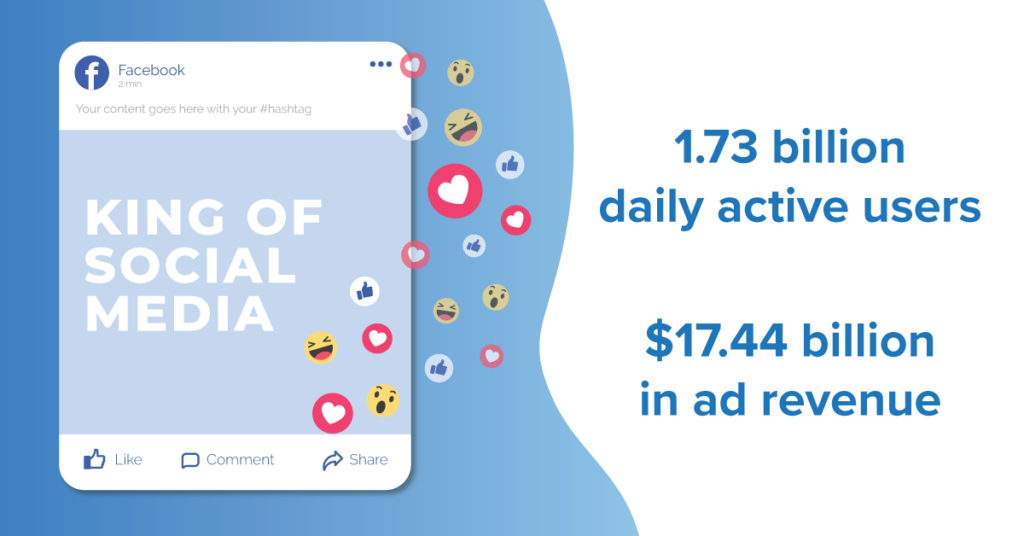

A typical Facebook Business Page will usually show your brand name and logo, contact details, product descriptions, and other things you might be offering. What you’d want though, is to post relevant content for a specific audience that can lead them to an engaging customer journey based on your marketing funnel.
Facebook can definitely help you create an online presence but content management is key to attract and retain visitors to your pages. Reviewing your followers’ feedback, comments, and what they share allows you to improve and effectively manage the right content you post on the platform. Just imagine the backlash if a ticketing agent posts an enticing travel ad to sunny California during the onslaught of COVID-19. It won’t work and may even unleash a torrent of negative comments.
Facebook Pages is a great platform for some efficient moment marketing which is one of the best social media strategies right now, while also giving you the proper leverage to post multiple types of ad content, the use of hashtags, and useful data on how each one of your posts is performing.
Why should you use Facebook for business:
- Wider reach for brand awareness via shares and likes
- Specialized communities at a global scale
- Real-time following and relevant customer feedback
- Streamlined communication and connectivity with any demographic
- Moment marketing and proper content management
- Available business tools (e.g. live chat via Messenger, page insights, canvas, etc.)
- Business insights
- Multiple account links via hashtags
- 2.45 billion monthly active users
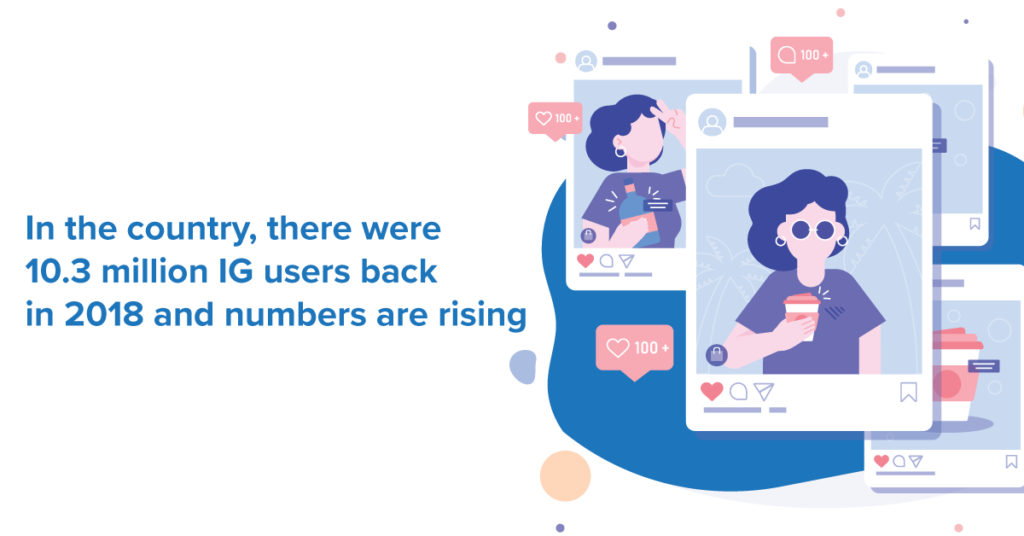

This social media slightly resembles Facebook and it’s not that really surprising considering the latter owns the former. Still, many businesses use Instagram (or IG for short), to keep themselves relevant and their online presence more visible to larger audiences.
Hands down, IG is the 2nd most widely used social media platform globally where 83% of its 1 billion users say they discover new brands and products. In the country, there were 10.3 million IG users back in 2018 and numbers are rising with more people relying on their social media accounts year on year. If that alone doesn’t convince you to sign up, Millennials, (who comprise today’s largest professional demographic with an estimated spend of $1.4 trillion before the year ends), pick IG as their social media platform of choice.
IG works like a virtual ad board that’s easily accessible on your mobile phone. While it was initially launched as a photo-centric social media app, it has evolved into a business tool that now also allows businesses to gather data insights, post ads, and conspicuously display contact information.
If you already have an IG account, chances are you’re already familiar with how it can let you optimize your brand design according to your brand’s key visuals with Stories. IG also gives better positioning for your business bio and contact information so more visitors can immediately see and review them apart from your Stories and featured products.
Since the platform is visual, you’d want to channel your creative energies on producing captivating branding and content for your target audience’s appreciation. Complement this with the right emojis that can give them a more casual, personal, and relatable feel, but only if you think emojis are a thing your followers are into 😀😎😂😍.
What definitely sets your personality apart from your competition on social media is how you create your hashtags which allow you to curate both what you and your followers post in relation to your page to encourage engagement.
Since IG is an image-sharing platform, it’s one of the best tools for your brand to banner its colors and online personality via photos, videos, carousel ads, and design.
Why should you use Instagram for business?
- Wider reach for brand awareness via IG Stories
- Specialized communities at a global scale
- Real-time following and relevant customer feedback
- Visual/influencer/moment marketing and proper content management
- Business insights
- Better contact information placement
- Multiple account links via hashtags
- 1 billion monthly active users
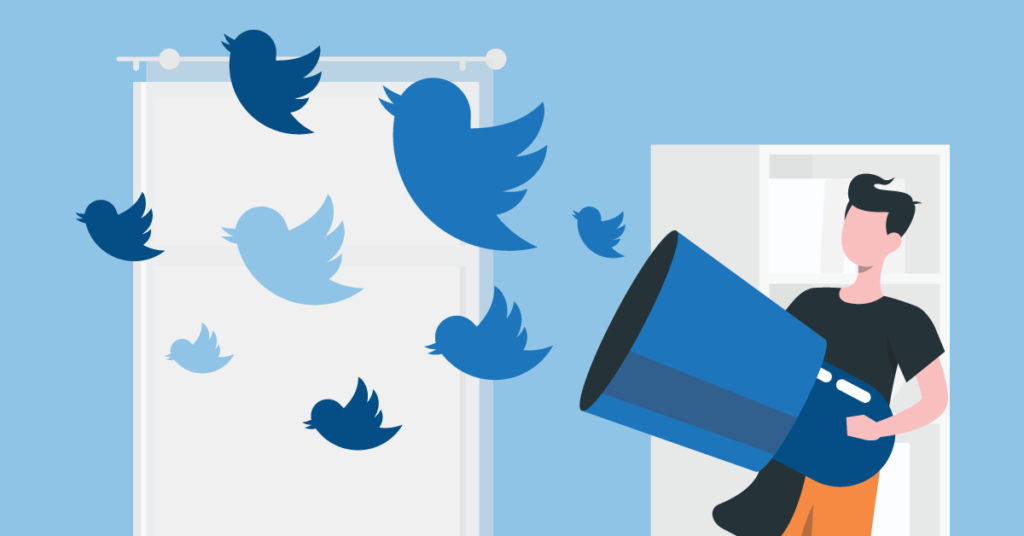

With over 95 million users who mostly comprise the biggest consumer demographic today, Twitter is definitely good for business in how it enables them to keep abreast of relevant trends, news, tweets, and brand promotion.
Both Generation X and Millennials continue to cut the largest slices of the entire global labor force, collectively accounting for 70% for the current year. Millions of those who are within these age ranges are very much into Twitter, with most coming from urban areas, are highly educated (32% of users have a college degree or higher), and have more purchasing power (31% make more than $75,000 annually).
So, if you want to advertise to a smarter consumer demographic who has the money to buy ‘wants’ aside from their needs, Twitter just might be your best bet. However, that doesn’t mean you should shelve all other available social media platforms just the same. There are still larger numbers who use the other ones while Twitter only has a social media share of 22%.
Nevertheless, the platform is perfect for your moment marketing strategies, news, and customer service. In the country, 7.75 million rely on Tweets and according to recent monitoring news, 60% of a brand’s followers on Twitter are more likely to make purchases or recommendations. Like IG, Twitter also makes use of the hashtag function to start free marketing cycles via Retweets.
Why should you use Twitter for business?
- Wider reach for brand awareness via Retweets
- Smarter and higher-income consumer base
- Real-time following and relevant customer feedback
- News/influencer/moment marketing and proper content management
- Business insights
- More tech-centric
- 330 million monthly active users
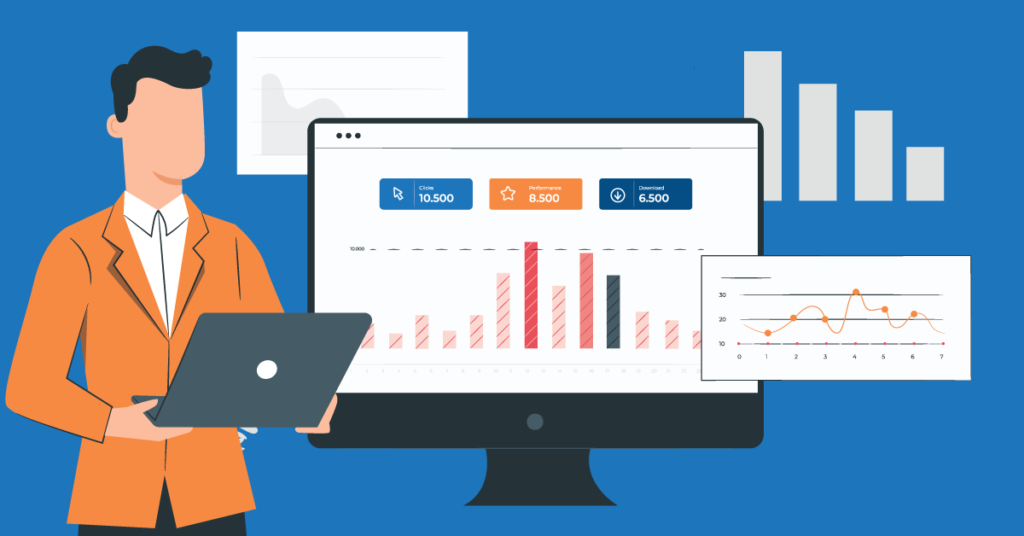

While the first three platforms concentrate more on B2C marketing, when it comes to an impactful B2B push for your business, Linkedin perhaps is the best platform you should get yourself into. It leaves a breadcrumb trail for all of the right networks and audiences you’d really want to preach to in terms of branding and what you offer.
For years, Linkedin has set itself apart from all other social media platforms by establishing communities among professionals and entrepreneurs. Fun fact: Linkedin creator Reid Hoffman first came up with SocialNet which closely resembles how Linkedin works today, seven years before the birth of Facebook. Hoffman’s success story is actually a very good model that teaches us how Linkedin can really contribute to a business.
If you want to go straight to the top of a company’s board, Linkedin has over 61 million senior-level influencers on its platform, with two-thirds of those carrying decision-making powers. And the social media platform has also attracted Millennials to its fold with 87 million registered members.
Function-wise, Linkedin can help you grow your market by helping you identify lookalike audiences and showcase thought leadership posts that can build your brand as a market influencer via Top Voices. You may also post multiple formats from simple posts to blog articles, to videos that can all push your brand ahead of the competition and accumulate requests for proposals (37% of decision-makers agree).
While good for B2B networking, the platform is also a useful B2C tool that provides two-way information traffic between you and your target market. Hands down, Linkedin is the go-to social media channel you’d want to start with when you’re trying to drive relevant networks and audiences to your business.
Why should you use Linkedin for business?
- Wider reach for brand awareness among B2B marketers
- High professional population
- Real-time following and relevant audience feedback
- News/influencer/moment marketing and proper content management
- Business insights and tools
- More business-centric
- Better security for personal information
- 310 million monthly active users
Which Direction Is Social Media Going in the Future?
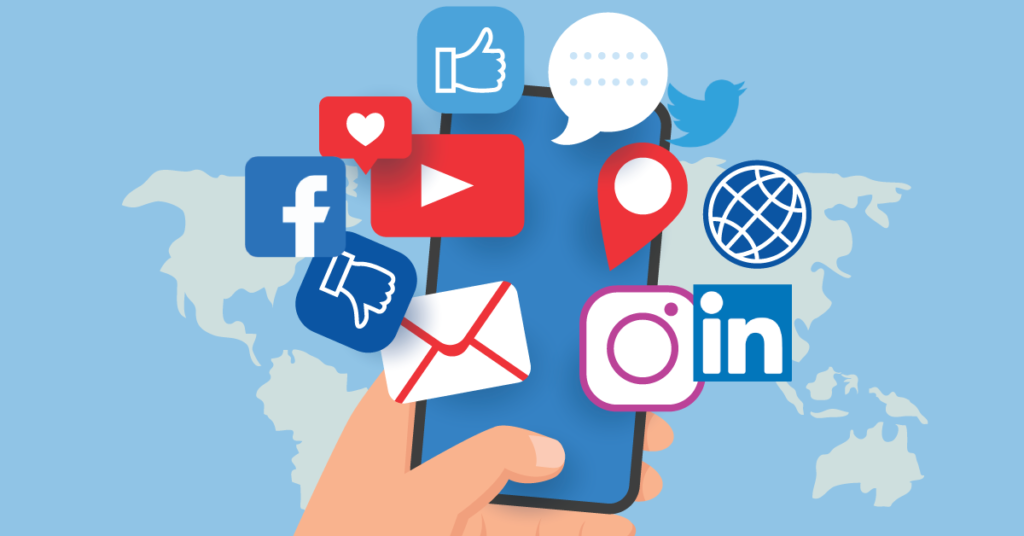

Though social media platforms like the ones discussed above are essential for every business’s digital marketing strategies, no one can deny the fact that the entire digital landscape continues to transform.
Facebook recently recalibrated its News Feed interface to show more personal content than public feeds from brands, advertisers, and media. Twitter, on the other hand, saw an 8% decline in their company shares brought about by a huge number of spam-related content on the platform which also significantly affected how those who follow business pages’ react. Add to this Instagram’s switch to a non-chronological algorithm which greatly affects how small businesses do their marketing on the platform.
If you are one of the 48% of businesses on social media that are having trouble with their digital marketing and social media numbers, you may need an effective third-party troubleshooter who has a good understanding of data-driven marketing and where social media is taking businesses in the near future. And you need them fast! Somehow, users are getting quite fed up with how social media has evolved into commercialized platforms that may not be safe for their privacy and even mental health.


Eight Media is one of the most reliable digital marketing startups that customizes strategies for various businesses to get the most mileage out of social media marketing. Know more about how they can help you move your business towards growth through cutting-edge digital marketing that drives key impact and real results.

